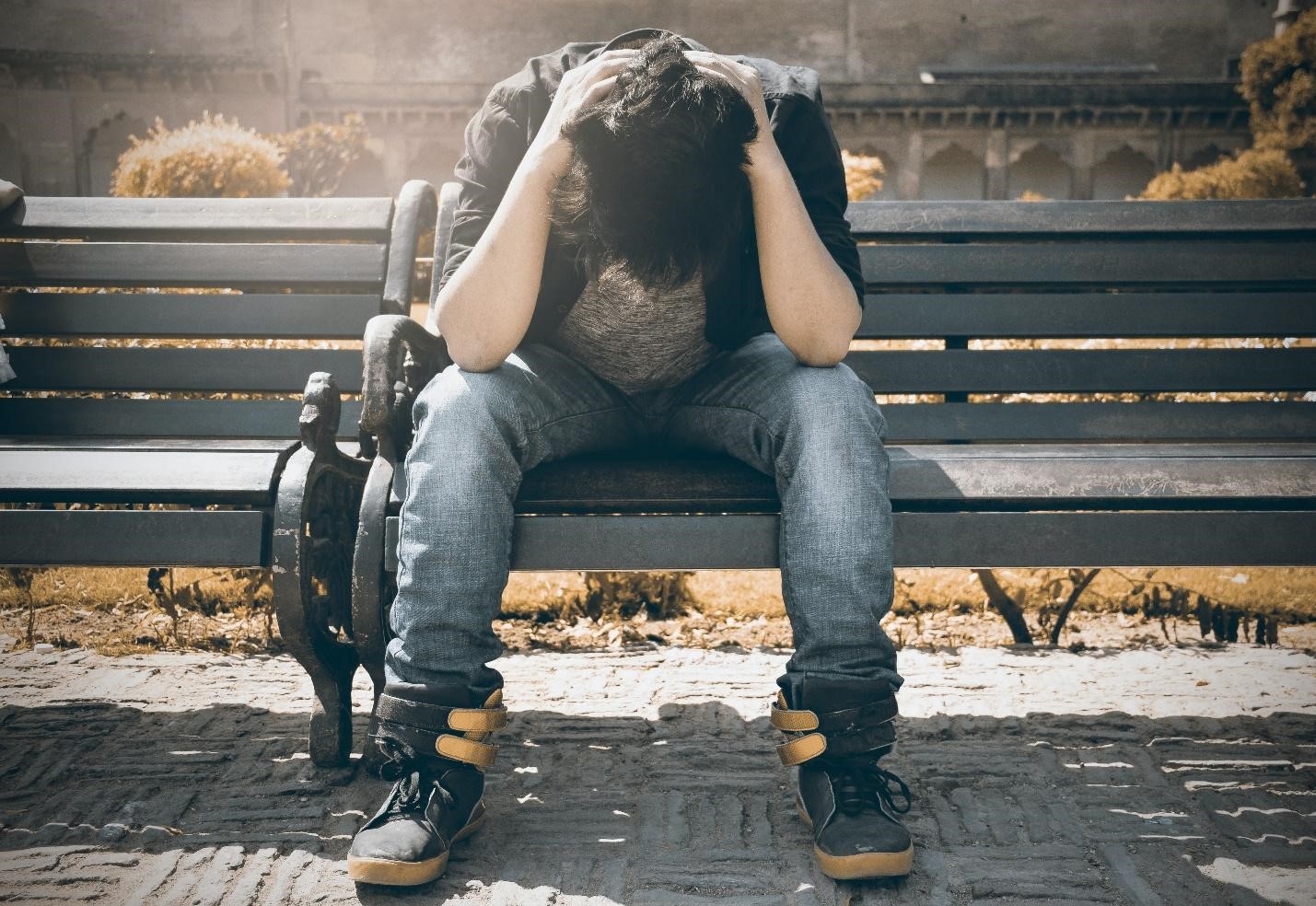Trauma is a lasting emotional response brought about by living through a distressing life event like an accident, natural disaster, or rape. After a traumatic event, shock and denial are common. While these feelings are normal, some people find it difficult to move on with their lives.
Trauma is characterized by flashbacks, unpredictable emotions, physical symptoms like nausea or headache, or even strained relationships. Trauma can be experienced at home, workplace, in school, or the wider community.
However, just because you went through a distressing event does not mean you will experience trauma. To understand trauma better, this article will cover two types of trauma and how they stand out against each other.
Type 1 Trauma
Single-incident events cause type 1 trauma. Such events are unexpected and happen out of the blue. Type 1 trauma is similar to acute trauma. It can be due to a motor accident, natural disasters, physical or sexual assault, or being diagnosed with a life-threatening illness.
Anyone is capable of becoming traumatized, including the healthy you. However, how type 1 trauma develops and persists depends on factors such as proximity to the event, history of mental illness, similarity to the survivor, if you were a witness, and stressors over the past six years.
You may be eligible for type 1 trauma diagnosis if you experience trauma symptoms for at least three days. It is not possible to diagnose the problem by yourself. Hence, it would help if you worked with a healthcare professional.
Some of the symptoms of this trauma include panic, severe anxiety, confusion, substance abuse, neglect of personal grooming and hygiene, explosive behavior, and lack of emotional responsiveness. The effects of type 1 trauma can be severe and challenging. Hence, it’s essential to seek professional help.
Type 2 Trauma
Type 2 trauma comes as a result of continuous exposure to traumatic events. It is similar to chronic trauma and affects children who experience severe poverty or abuse. However, you can still experience type 2 trauma as an adult if you are repeatedly exposed to the same distressing events.
Since type 2 trauma happens over time, it can affect you for an extended time. Effects of chronic trauma include impaired cognitive performance, social impairment, anxiety, depression, difficulty sleeping, fatigue, delayed development in children, and impaired memory and learning, among others.
This type of trauma can become part of your interpersonal relationship, where you may feel trapped physically and emotionally. Type 2 trauma can render you powerless, with constant thoughts of being coerced even to defend yourself against trauma.
Some examples of type 2 trauma include domestic violence, sibling abuse, childhood emotional abuse, abandonment, verbal abuse, coercion, emotional abuse, sexual abuse, physical neglect, and attachment trauma, among others.
Post-Traumatic Stress Disorder (PTSD)
PTSD refers to a mental health issue caused by a terrifying event, either by witnessing or experiencing it. Symptoms of post-traumatic stress disorder include nightmares, flashbacks, or severe anxiety.
Both type 1 and type 2 trauma can cause PTSD. The two can generate even more complex PTSD, especially when trauma persists after an event. You might find it difficult to cope, but the good news is that things get better with time and taking good care of yourself.
In case the symptoms of PTSD persist for months or a year, affecting your day-to-day functioning, it would be best if you seek professional help. Walking the journey with a professional can help reduce the symptoms and improve your functionality.
Post-traumatic stress puts you at risk of alcohol addiction and drug dependence. If PTSD causes you to develop certain disorders that cause a strain in your life, consider being diagnosed and undergoing an effective regimen in Massachusetts for benzodiazepine treatment. Your body develops drug tolerance quickly, so opioid withdrawal syndrome might occur after a few days of use.
The severity of opioid withdrawal syndrome increases based on the duration of dependence and the dosage you take. Your healthcare provider may recommend supportive therapy or drug therapy to get you back in check.
Grief and Trauma
It’s possible to experience grief and trauma after a distressing event. Trauma and grief are common, especially when you lose a close friend or family; hence experts recommend that after you lose something or someone significant to you, you need to look after yourself.
Grief is the anguish following a loss, often the death of a loved one. Trauma may cause you to go through stages of grief like denial, anger, bargaining, depression, and acceptance. The best news is that a psychologist, psychiatrist, or therapist can treat trauma.
Some things that can help you pull through grief and trauma include accepting that grief takes time, getting help from friends and family, and talking about your loss.
